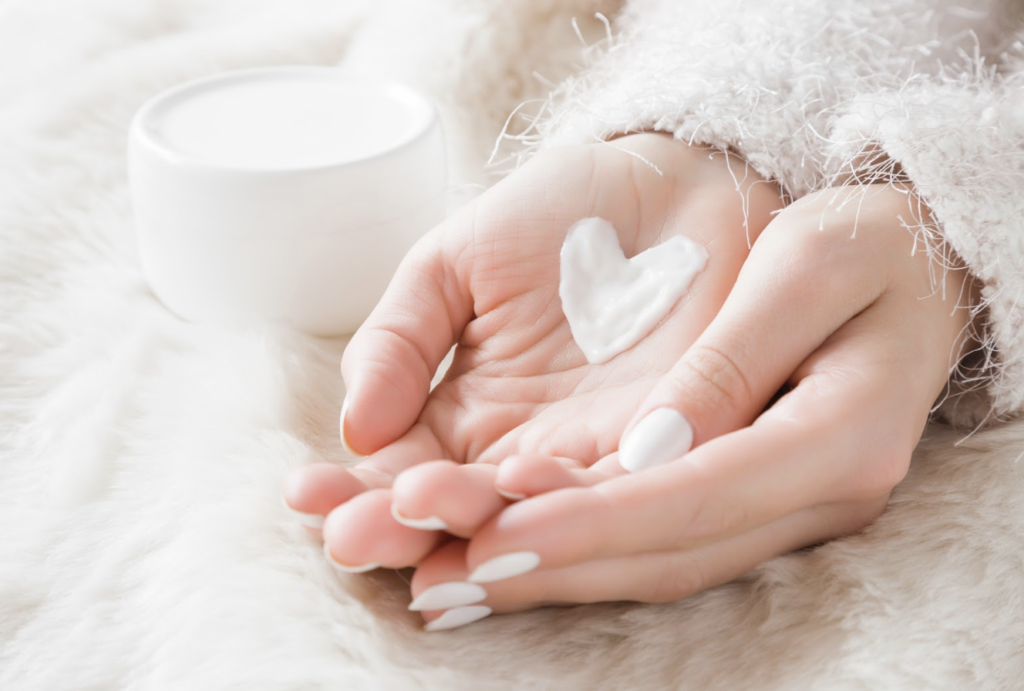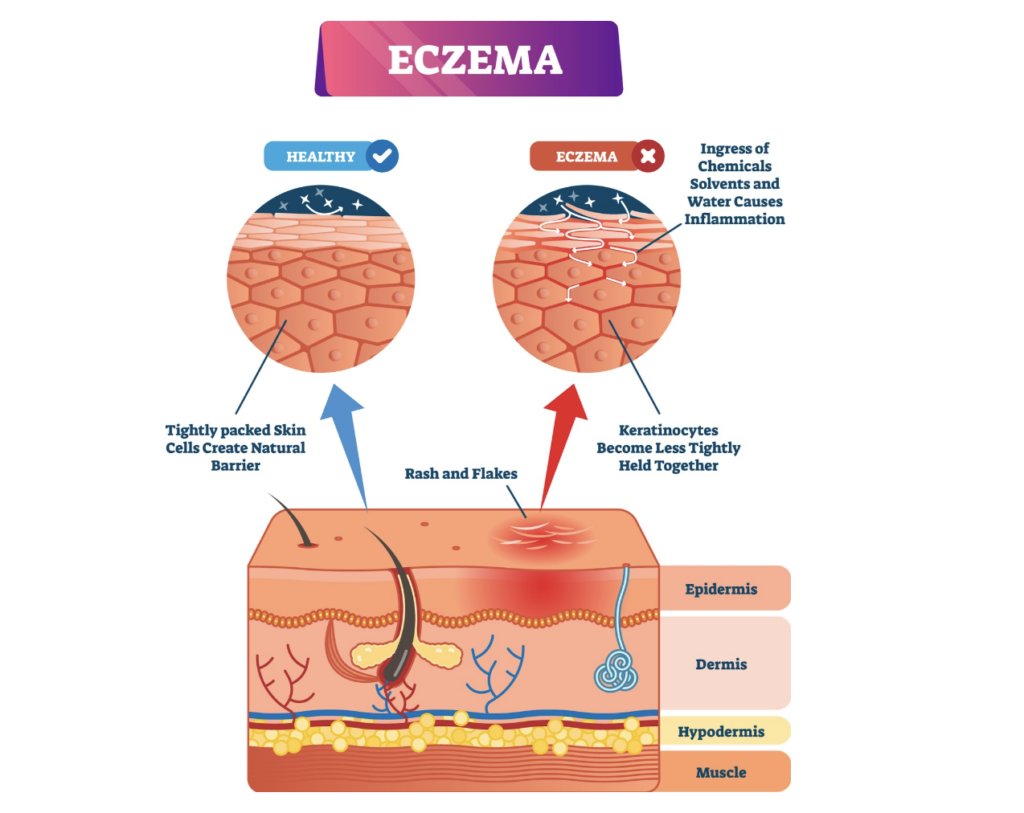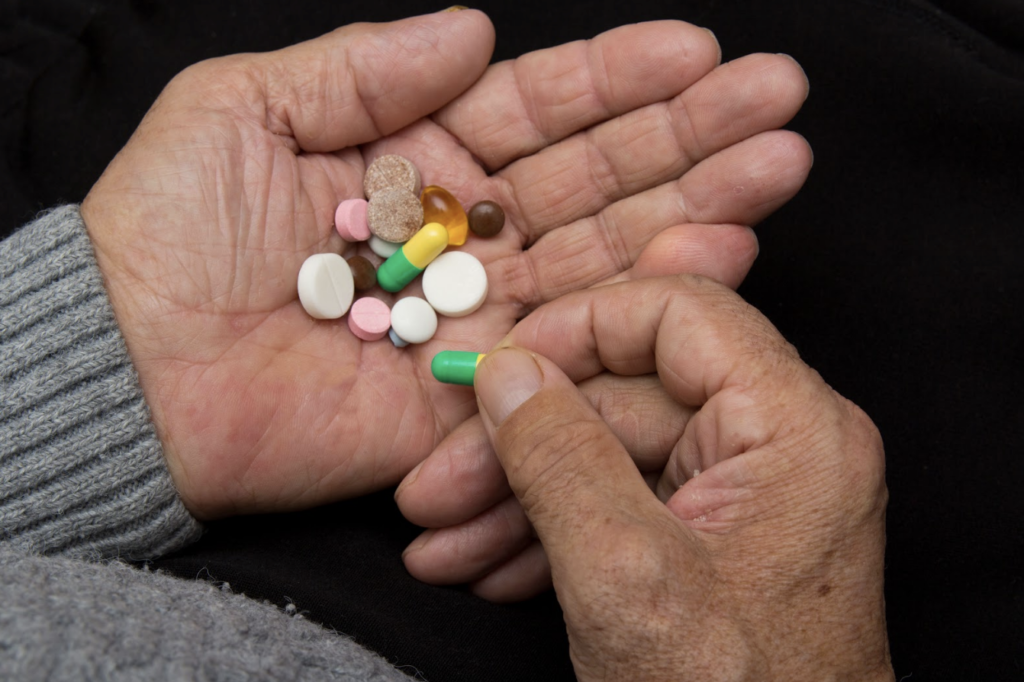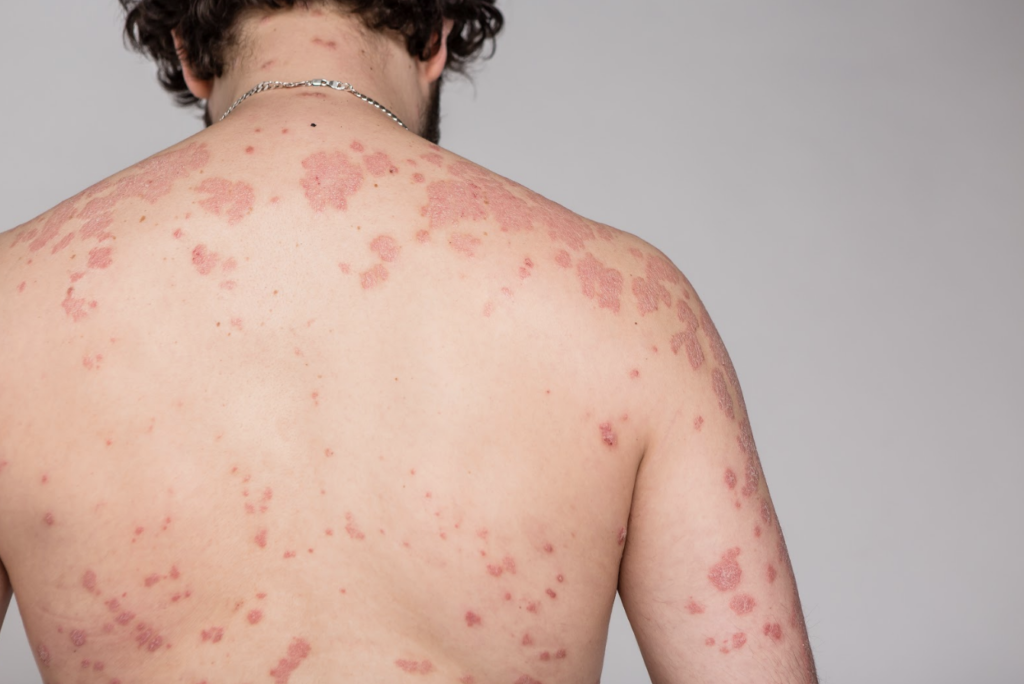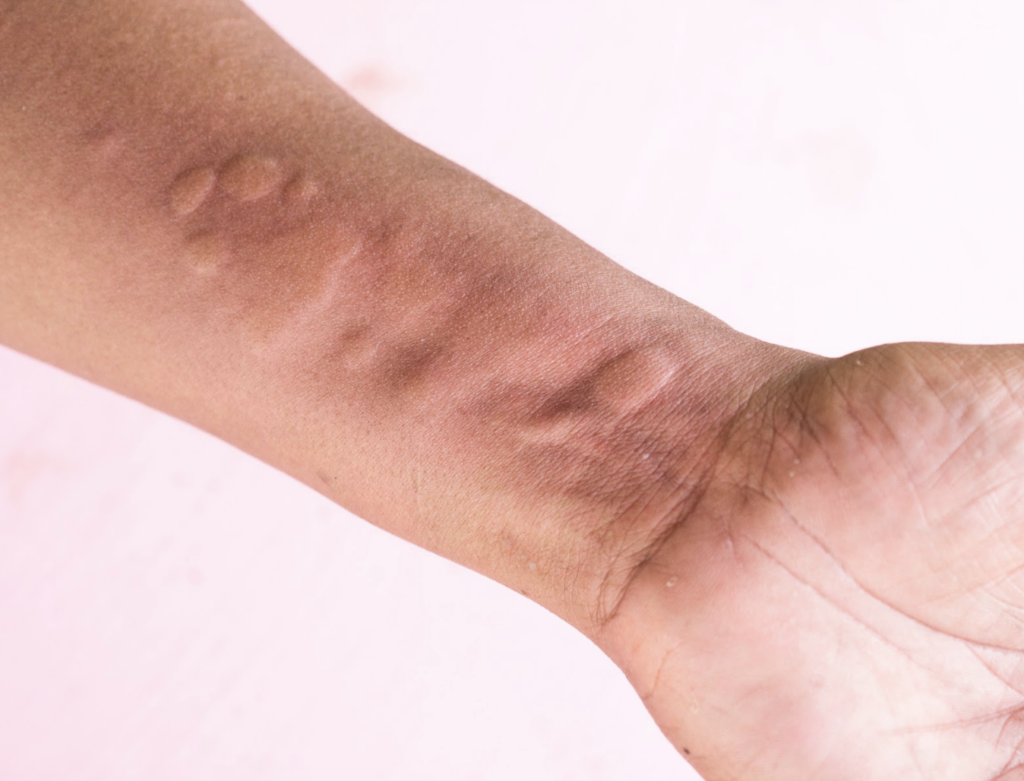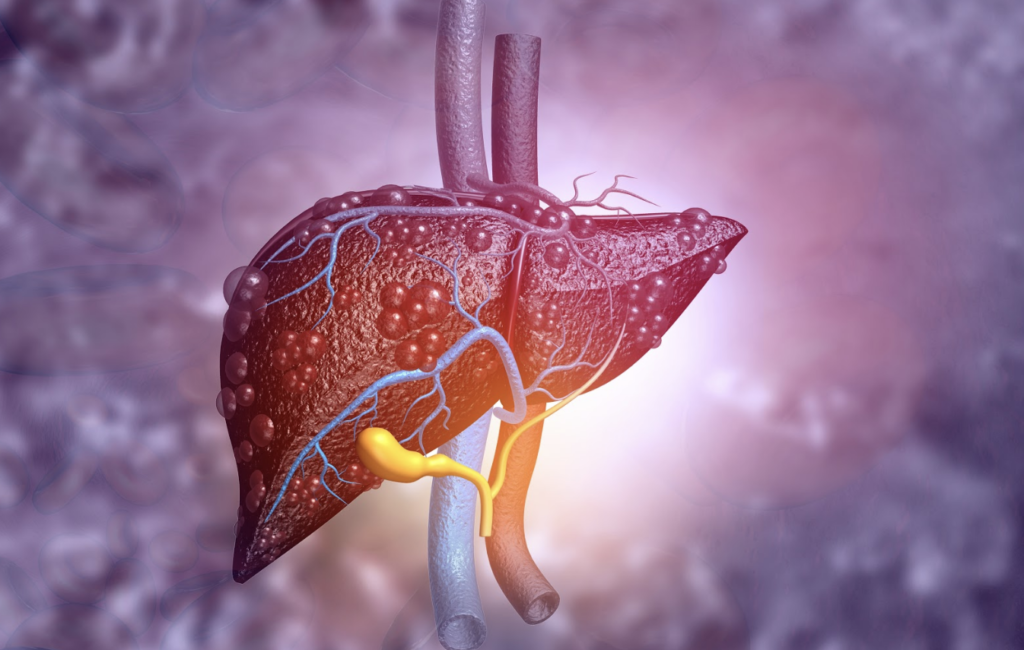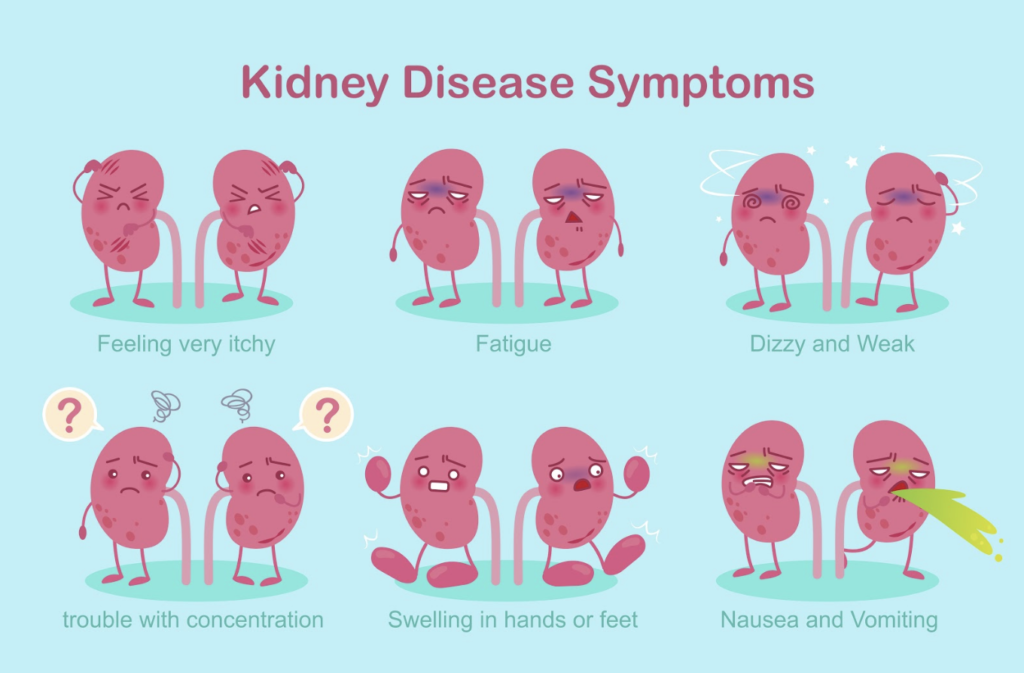Persistent itchy skin is quite possibly one of the most irritating symptoms to deal with. Skin irritation, rashes, and bumps are often paired with this frustration. Whether the source of your itchiness is visible or not, there are many forms of relief available.
Skin itching, or pruritus, is a very common skin problem. Itchy skin can be a symptom of many different conditions, some of these affecting only the skin, and others as a result of diseases affecting the whole body.
Pruritus can become very frustrating, and may cause intense urges to scratch the skin for an extended period of time. This may last many months or even longer. The more someone itches, the more their skin may itch, which could result in infection or scarring.
Antihistamines and other over-the-counter medications can be avoided by choosing one of several natural anti-itch remedies able to deal with irritation.
1. Dry Skin
While the source of the itching is not always clear with pruritus, it can occur due to dry skin. This is one of the most common causes of itchy skin. If there is no allergic reaction, red bumps or rash, dry skin is the first place to check for causing an itch.
A person may have dry skin due to environmental factors, such as hot or cold weather with low humidity. Thinner and drier skin may be a result of washing too often. Common symptoms of dry skin include rough, scaly or flaking skin, cracks in the skin, and skin that is prone to bleeding.
What to do: Dry skin can be repaired with a good, topical moisturizing oil if you live in a humid environment but use a moisturizing cream if you are in a drier climate. Creams are made with oil but stick better, oils can evaporate quickly in dry weather. Lotions are made with water and are a good go between an oil and a cream. Apply within 2 minutes after a shower to lock in your moisture for best results. Using a humidifier during drier times of the year may also be helpful.
If dry, itchy skin is a continual issue, you might want to consider adding hydrating foods to your nutrition plan such as watermelon, apples, nuts, broccoli, eggs, celery, cucumber, and fatty fish such as salmon, mackerel and sardines. Oral supplements such as omega 3 fatty acids and collagen supplement may also be helpful. Many studies suggest collagen may improve skin elasticity and hydration. Keeping skin hydrated can prevent germs from entering through cracks, preventing skin infections.
2. Eczema
Itchiness can also be a product of certain skin conditions, such as eczema. This condition, also known as atopic dermatitis, is commonly associated with itchy, dry, and inflamed patches of skin.
Eczema rashes are red and sometimes bumpy and are often seen in young children, teens and adults.
Eczema’s cause is not understood completely by researchers. However, it is related to the immune system and is likely the result of an overactive immune system responding when exposed to irritants, which is why some refer to it as an autoimmune condition.
Another common type of eczema is contact dermatitis, which is caused by the skin’s direct contact with irritants. Irritants will cause inflammation, resulting in burning, itching and redness. Irritants that can lead to atopic and contact dermatitis include:
- Chemicals found in cleaners and detergents
- Synthetic fabrics
- Pet dander
- Food
Itchiness and other eczema symptoms may clear up over time, then flare up later. It will typically appear on the arms, inner elbows, or head. Scratching eczema can irritate and inflame the skin further, causing infections that will need to be treated.
The intense, itchy rash brought on by eczema can be treated by a dermatologist.
What to do: Lifestyle changes that reduce stress can improve eczema. You may want to try practicing yoga, meditating, and getting a good night’s sleep. Natural remedies can include drinking tea, CBD oil, or even acupuncture. If you are incredibly itchy, try tapping the itchy skin, rather than scratching, as this can soothe skin without breaking through it. But ideally, using creams and moisturizers several times per day to seal in the cracks is the foundation of eczema treatment.
3. Medication
There are several types of medication that can cause your skin to itch. It is possible that itchiness from medications may come without a rash.
Statins, a cholesterol-lowering medication, is one form of medication that may result in skin itchiness. According to some reports, statins may cause itching of the face and throat.
Side effects of statins include liver damage and organ stress leading to an itching sensation.
Itchy skin is also a side effect of blood pressure medications, antibiotics, and opioids.
What to do: The best way to treat itchiness as a result of medications is to talk with the prescribing doctor on your options to possibly stop use of the drug, or lower the dose of the drug. If you experience any unwanted symptoms after starting a new medication, consult your prescribing physician immediately. Do not stop taking a medication without consulting the prescribing physician first.
4. Psoriasis
Psoriasis is an autoimmune condition and skin disease that causes red, dry, itchy patches of skin. Psoriasis affects nearly 5 million adults in the United States. Up to 90 percent of those who suffer from the condition’s flare ups have to deal with painful itching on a regular basis.
Psoriasis causes skin cells to multiply rapidly, causing raised scales on the skin’s surface. These scales can become red, inflamed, and increasingly itchy.
Scratching can lead to damaged skin, and even more inflammation. Some triggers of itching due to psoriasis include stress and weather conditions.
What to do: Natural remedies for psoriasis include aloe vera creams, dead sea salts, oats, indigo naturalis and tea tree oil. Dietary supplements such as fish oils rich in omega-3’s and vitamin D may ease psoriasis symptoms as well.
One 2009 study on itch in psoriasis determined that topical steroids and creams could only provide itch relief temporarily and that systemic and phototherapy were possibly more effective long-term treatment options to help control itch from the inside out.
5. Allergic Reaction / Hives
Another possible cause of itchy skin is hives. Hives present as a red, raised skin rash that is often triggered by allergens. Allergens produce allergic reactions. Hives are also known as urticaria and is not contagious. When the skin is triggered, inflammation occurs, and hives appear.
Some examples of known triggers for hives include:
- Medications such as antibiotics and non-steroidal anti-inflammatory drugs (NSAIDs)
- Certain foods
- Bacterial infections
- Influenza and the common cold
- Pet dander
- Insect bites
- Plants such as poison ivy
- Sunlight exposure
- High body temperature
With so many potential causes, it can be difficult for people to find the exact cause of their hives and it’s actually more common to never find the root cause than it is to find it. Most cases of hives are “idiopathic” and resolve on their own with time without ever figuring out what caused them.
What to do: Stress can aggravate hives and can potentially lead to depressive symptoms. Avoid trigger foods, minimize stress and abstain from alcohol and other inflammatory ingredients. Choose mild skin care products and soaps without fragrances.
Some of my favorite natural remedies are for this type of inflammation are using natural oral antihistamine supplements such as quercetin, bromelain, vitamin c, n-acetyl cysteine and stinging nettles. Sometimes topical remedies such as witch hazel and aloe vera can be soothing. But you should spot test any remedy to verify that it doesn’t negatively interact with your skin.
6. Liver Disease
Of all the causes of itchy skin, liver disease may be one of the most unexpected.
The liver is important to the blood filtering process in the body, and because of this, when it isn’t functioning properly, the body becomes less healthy in general. This is thought to lead to skin problems like excessive itchiness.
What to do: Pruritus induced by liver disease remains poorly understood and many patients consult their physician to treat their itchy skin. For natural remedies, start by eating organic and phytonutrient rich foods and avoiding processed foods or dairy.
Vitamin D supplementation, soothing oils, n-acetyl cysteine and low dose naltrexone might be great anti-inflammatory options to use while you target the cause of your liver problems.
7. Kidney Disease
The kidneys also function as part of the blood filtering process. They help to remove water and waste from the body through urine. If kidney disease is left untreated, itchy skin without a rash can occur.
Kidney disease can cause dry skin, poor metabolism, and inflammation — all of which are contributing factors to skin itching.
One study suggests that approximately 40% of patients with end-stage renal disease experience moderate to severe pruritus. This pruritus has been associated strongly with poor quality of life, impaired sleep, depression and increased mortality.
What to do: “Treatment initially should focus on aggressive skin hydration, patient education on minimizing scratching, and optimization of the aspects of chronic kidney disease care that are most relevant to pruritus,” the study states.
Staying consistent with kidney disease treatment plans such as dialysis and remedies for dry skin and inflammation listed above are the best ways to ensure that itching is reduced.
In Summary
- Underlying causes of itchy skin include dry skin, eczema, medication, psoriasis, allergic reactions, liver disease, and kidney disease.
- Dry skin is one of the most common reasons for itching skin and can be treated with moisturizing products and oils such as coconut oil.
- Eczema can be treated with stress-reducing lifestyle changes and CBD oil. Itching caused by psoriasis can be treated with aloe vera cream, dead sea salts, and vitamin D.
- Itchy skin as a result of medications and allergic reactions can be treated by reducing or stopping medication, and avoiding triggers and irritants.
- There is not a lot known about pruritus due to liver or kidney disease. Those who suffer from itching due to kidney or liver disease should consult their doctor before using natural home remedies and continue treatment.
Sources
- Yonova, D. (2007). Pruritus in certain internal diseases. Hippokratia, 11(2), 67. Full Text: https://www.ncbi.nlm.nih.gov/pmc/articles/PMC2464269/
- Yosipovitch, G. (2004). Dry skin and impairment of barrier function associated with itch–new insights. International journal of cosmetic science, 26(1), 1-7. Abstract: https://www.ncbi.nlm.nih.gov/pubmed/18494919
- Agero, A. L., & Verallo-Rowell, V. M. (2004). A randomized double-blind controlled trial comparing extra virgin coconut oil with mineral oil as a moisturizer for mild to moderate xerosis. Dermatitis, 15(3), 109-116. Abstract: https://www.ncbi.nlm.nih.gov/pubmed/15724344
- Uter, W., Gefeller, O., & Schwanitz, H. J. (1998). An epidemiological study of the influence of season (cold and dry air) on the occurrence of irritant skin changes of the hands. The British journal of dermatology, 138(2), 266-272. Abstract: https://europepmc.org/abstract/med/9602872
- Choi, F. D., Sung, C. T., Juhasz, M. L., & Mesinkovsk, N. A. (2019). Oral Collagen Supplementation: A Systematic Review of Dermatological Applications. Journal of drugs in dermatology: JDD, 18(1), 9-16. Abstract: https://www.ncbi.nlm.nih.gov/pubmed/30681787
- Rystedt, I. (1985). Factors influencing the occurrence of hand eczema in adults with a history of atopic dermatitis in childhood. Contact Dermatitis, 12(4), 185-191. Abstract: https://onlinelibrary.wiley.com/doi/abs/10.1111/j.1600-0536.1985.tb01103.x
- Ricci, G., Patrizi, A., Bendandi, B., Menna, G., Varotti, E., & Masi, M. (2004). Clinical effectiveness of a silk fabric in the treatment of atopic dermatitis. British Journal of Dermatology, 150(1), 127-131. Abstract: https://www.ncbi.nlm.nih.gov/pubmed/18512638
- Katta, R., & Schlichte, M. (2014). Diet and dermatitis: food triggers. The Journal of clinical and aesthetic dermatology, 7(3), 30. Full Text: https://www.ncbi.nlm.nih.gov/pmc/articles/PMC3970830/
- Kupfer, J., Gieler, U., Braun, A., Niemeier, V., Huzler, C., & Renz, H. (2001). Stress and atopic eczema. International archives of allergy and immunology, 124(1-3), 353. Abstract: https://search.proquest.com/openview/d130d4fb3f3e9866569ef75a39962eb3/1?pq-origsite=gscholar&cbl=41082
- Ebata, T. (2016). Drug-induced itch management. In Itch-Management in Clinical Practice (Vol. 50, pp. 155-163). Karger Publishers. Abstract: https://www.ncbi.nlm.nih.gov/pubmed/27578085
- Prignano, F., Ricceri, F., Pescitelli, L., & Lotti, T. (2009). Itch in psoriasis: epidemiology, clinical aspects and treatment options. Clinical, cosmetic and investigational dermatology: CCID, 2, 9. Full Text: https://www.ncbi.nlm.nih.gov/pmc/articles/PMC3047933/
- Syed, T. A., Ahmad, S. A., Holt, A. H., Ahmad, S. A., Ahmad, S. H., & Afzal, M. (1996). Management of psoriasis with Aloe vera extract in a hydrophilic cream: a placebo‐controlled, double‐blind study. Tropical Medicine & International Health, 1(4), 505-509. Abstract: https://onlinelibrary.wiley.com/doi/abs/10.1046/j.1365-3156.1996.d01-91.x
- Gisondi, P., Rossini, M., Di Cesare, A., Idolazzi, L., Farina, S., Beltrami, G., … & Girolomoni, G. (2012). Vitamin D status in patients with chronic plaque psoriasis. British Journal of Dermatology, 166(3), 505-510. Abstract: https://onlinelibrary.wiley.com/doi/full/10.1111/j.1365-2133.2011.10699.x
- Shenefelt, P. D. (2011). 18 Herbal Treatment for Dermatologic Disorders. Lester Packer, Ph. D., 383. Full Text: https://www.ncbi.nlm.nih.gov/books/NBK92761/
- Radha, M. H., & Laxmipriya, N. P. (2015). Evaluation of biological properties and clinical effectiveness of Aloe vera: A systematic review. Journal of traditional and complementary medicine, 5(1), 21-26. Full Text: https://www.ncbi.nlm.nih.gov/pmc/articles/PMC4488101/
- Bhalerao, A., & Mannu, G. S. (2015). Management of pruritus in chronic liver disease. Dermatology research and practice, 2015. Full Text: https://www.hindawi.com/journals/drp/2015/295891/
- Combs, S. A., Teixeira, J. P., & Germain, M. J. (2015, July). Pruritus in kidney disease. In Seminars in nephrology (Vol. 35, No. 4, pp. 383-391). WB Saunders. Abstract: https://www.sciencedirect.com/science/article/abs/pii/S0270929515000911

